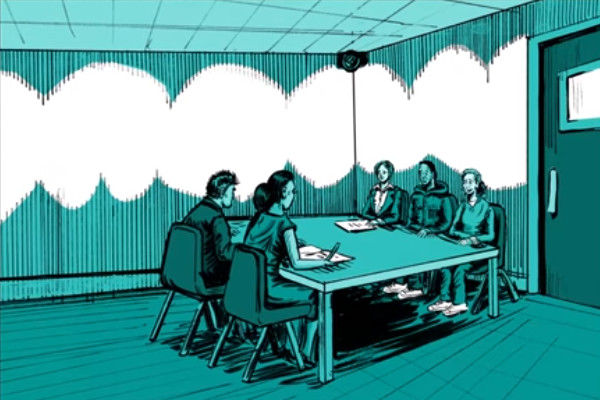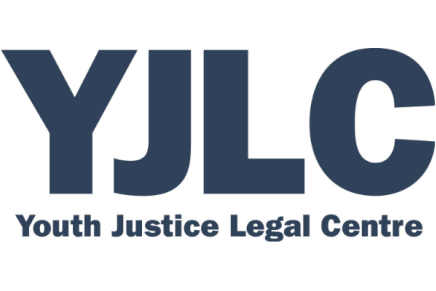
Imagine this scenario: A teenager gets into an argument with their parents. Voices are raised and the child refuses to follow mum and dad’s instructions. The parents call the police, who arrive to take the child into custody.
This might sound unlikely, because it is. Most parents understand that calling the police to intervene in a disagreement with their children is a last resort that should only be taken in extreme circumstances. Unfortunately, the same is not true for children in care. Recent research from the Howard League for Penal Reform revealed that children’s homes in some parts of England are calling the police as many as 200 times a year. Repeated contact with the criminal justice system puts children at risk of criminalisation, as they end up being pulled into a strong current of crime from which it is difficult to escape.
The children we are concerned about are some of society’s most vulnerable. Looked after children are likely to have experienced multiple disadvantage, trauma and abuse which can contribute to challenging behaviour and other difficulties. They may have also been affected by problems inherent to the care system which are known to adversely impact on support, well-being and behaviour, such as instability in terms of placement and social worker. And whilst some children’s homes and foster carers are excellent and provide specialist care which ensures challenging behaviour is addressed and supported, too many looked after children find themselves in placements where they don’t get the support they need, and the police get called unnecessarily. These factors all contribute to a situation where children in care are 10 times more likely to be criminalised than other children.
As lawyers representing children at the police station, there is lots we can do to address this imbalance. From reviewing each decision to take a child into custody, ensuring they have access to appropriate adults and communicating with them effectively through to ensuring the police follow the 10 point check list on charging decisions, assessing whether the child is a victim of exploitation and making representations setting out why a child should not be charged, we have a range of tools at our disposal to scrutinise police decisions and push for a child to be diverted from the criminal justice system.
Unfortunately, not all practitioners working with young children in the criminal justice system are aware of remedies like this that can help steer looked after children away from the justice system and towards safer shores. That’s why Just for Kids Law’s Youth Justice Legal Centre has joined with the Howard League for Penal Reform to produce a new step-by-step guide to reducing the criminalisation of looked after children at the police station, which we will be launching on 24 September at a free seminar for solicitors, barristers, youth offending teams and others working in the youth justice system.
Just because a child doesn’t grow up in a traditional family setting is no reason for them not to be able to reach their potential and fulfil their dreams. But too many children in care are being dragged into the criminal justice system, shunted towards the dead end of prison with their futures blighted by criminal records that stay with them for life. All professionals working with children and young people in the criminal justice system should ensure they are aware of every possibility for avoiding this unnecessary criminalisation.
Laura Cooper is Co-Head of the Youth Justice Legal Centre and Policy Manager (Youth Justice) at Just for Kids Law.
Our seminar Reducing the criminalisation of looked after children at the police station takes place on 24 September at Garden Court Chambers. Attendance is free but spaces are limited – book your place here.
This article was amended on 18 September to reflect the latest available data on disproportionate criminalisation of looked after children.
